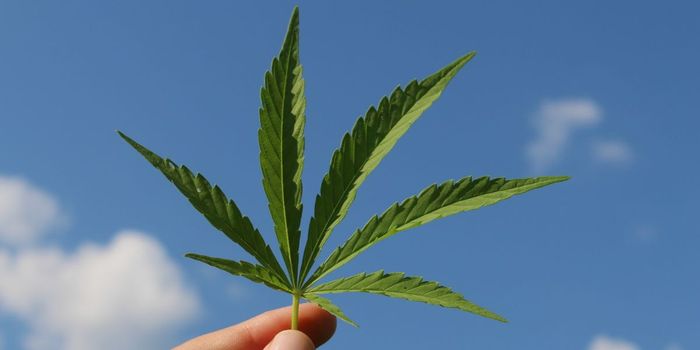There are mountains of controversy in the pro-con list for vegetarianism, veganism, and omnivory. The usual anti-meat reasons fall somewhere in between "animals are cute," and "meat is gross," often with more ethical reasoning such as the impact that meat production has on greenhouse gas emissions and the frequently inhumane treatment of animals raised in CAFOs (concentrated animal feeding operations). As a vegetarian myself (for undeclared on the web reasons), I'm always interested in learning more about the pro-omnivory opinion - or the basic idea that responsible meat-eating can be just as ethical, sometimes even more so, than a tofu-based diet.
One of the big points that carnivorous humans may highlight is the different impacts that certain animals have on the environment. Take ruminants' impact for example - cows, goats, sheep (those grass cud-chewing, multiple-stomach boasting, methane farting species) have a much higher impact emitting greenhouse gases than poultry, for instance. One cow will emit 100 kg of methane a year, which works out to be equivalent to a car burning through 235 gallons of gas. The way the animal is raised and where it is raised also has a big consequence on the environment. Buying local, pasture-grazed beef, while most likely a larger environmental impact than a local, free-range chicken, is a much better option than meat that has been processed several states away from your grocery store and then shipped in fossil-fuel guzzling trucks to cover the distance. To learn more specific tips about how to eat local, I recommend the chapter You Can't Run Away on Harvest Day in Barbara Kingsolver's book Animal, Vegetable, Miracle. No matter what, the most crucial take-away moral is that you are conscious what you are eating and how it has gotten to your table.








